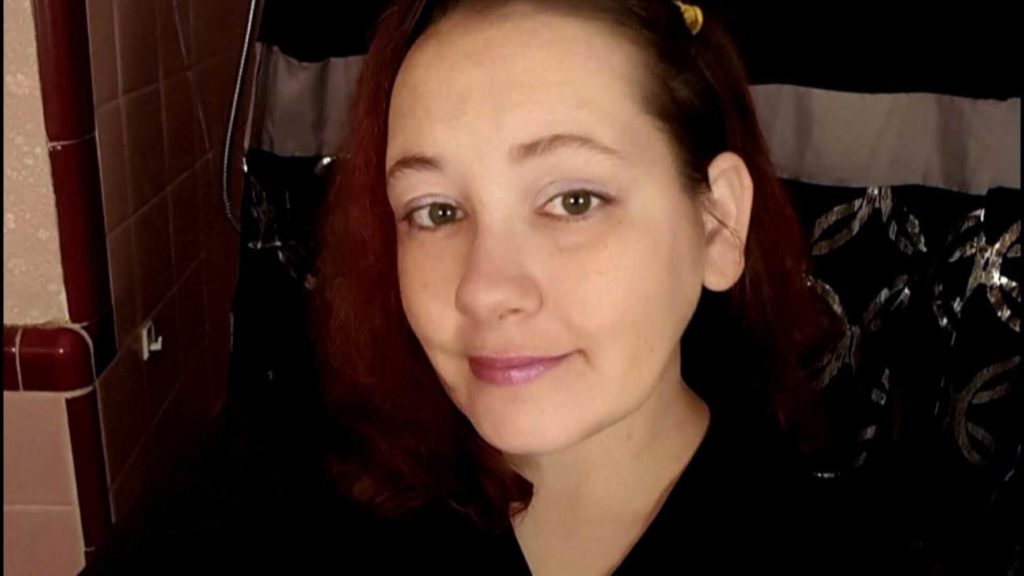Genex acquires Prium…
Good move by Genex, as Prium’s portfolio of services including physician review and pharmacy management ties in well to Genex’ current offerings. I’m a big fan of Prium CEO Michael Gavin – he’s one of the most thoughtful, intelligent, and measured people in our business…good news is he’s sticking around.
Kentucky’s making big progress on opioids
Thanks to WCRI’s Vennela Thumula PharmD for her study on how new legislation (HB-1) helped to reduce the number of new work comp patients receiving opioids.
The legislation required prescribers to check the Prescription Drug Monitoring database prior to prescribing opioids, limited opioid prescriptions, and implemented mandatory educational and patient treatment practices.
Key Takeaways
HB-1 immediately reduced opioids prescribed to patients in the first 12 months after the date of injury.
Both the percentage of patients receiving opioids and the amount of opioids decreased by more than 15 percentage points.
Major surgical patients weren’t significantly affected by HB-1; not much change in prescribing to these folks.
Patients with back sprains and similar diagnoses had far fewer opioid scripts.
Thanks to Andrew Kenneally, Communications Director of WCRI, for the head’s up…
Opioid marketing practices
Kudos to Sen Claire McCaskill, D MO, for publicizing opioid manufacturer Insys’ alleged efforts to get approval for fentanyl product Subsys through misrepresentation. McCaskill’s report included an:
audio recording of conversations between an Insys employee and pharmacy benefit manager representatives related to a Subsys prescription for Sarah Fuller, who later died from an alleged fentanyl overdose. This recording suggests the Insys employee in question repeatedly misled Envision Pharmaceutical Services to obtain approval for Ms. Fuller’s Subsys treatment—heavily implying she was employed by the prescribing physician and misrepresenting the type of pain the patient was experiencing.
This follows other reports of Subsys’ unethical and potentially illegal marketing practices, where other Subsys reps said they called payers, saying they were from doctors’ offices and were seeking approval for the drug.
Hell is too cold for these people.
Finally, a very revealing piece in HealthAffairs provides more insight into just how powerful big healthplans are:
insurers with market shares of 15 percent or more (average: 24.5 percent)…negotiated prices for office visits that were 21 percent lower than prices negotiated by insurers with shares of less than 5 percent.
Differences in providers’ and insurers’ bargaining power are a major contributor to variation in commercial health care prices
Workers’ comp folks – you’re lucky if a generalist work comp PPO’s market share at a practice is 3 percent…
Back out onto the campaign trail!




https://www.bizjournals.com/phoenix/news/2017/08/31/ags-office-files-lawsuit-against-opioid.html
Your not going to get very good care at a 20% discount
Welcome back JG. I”m not aware of any research that correlates quality of care with higher priced care. If you have any, please share.